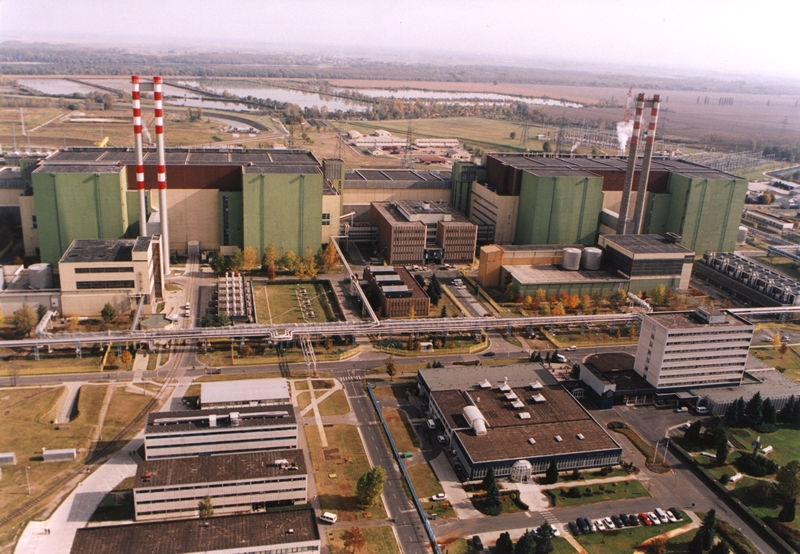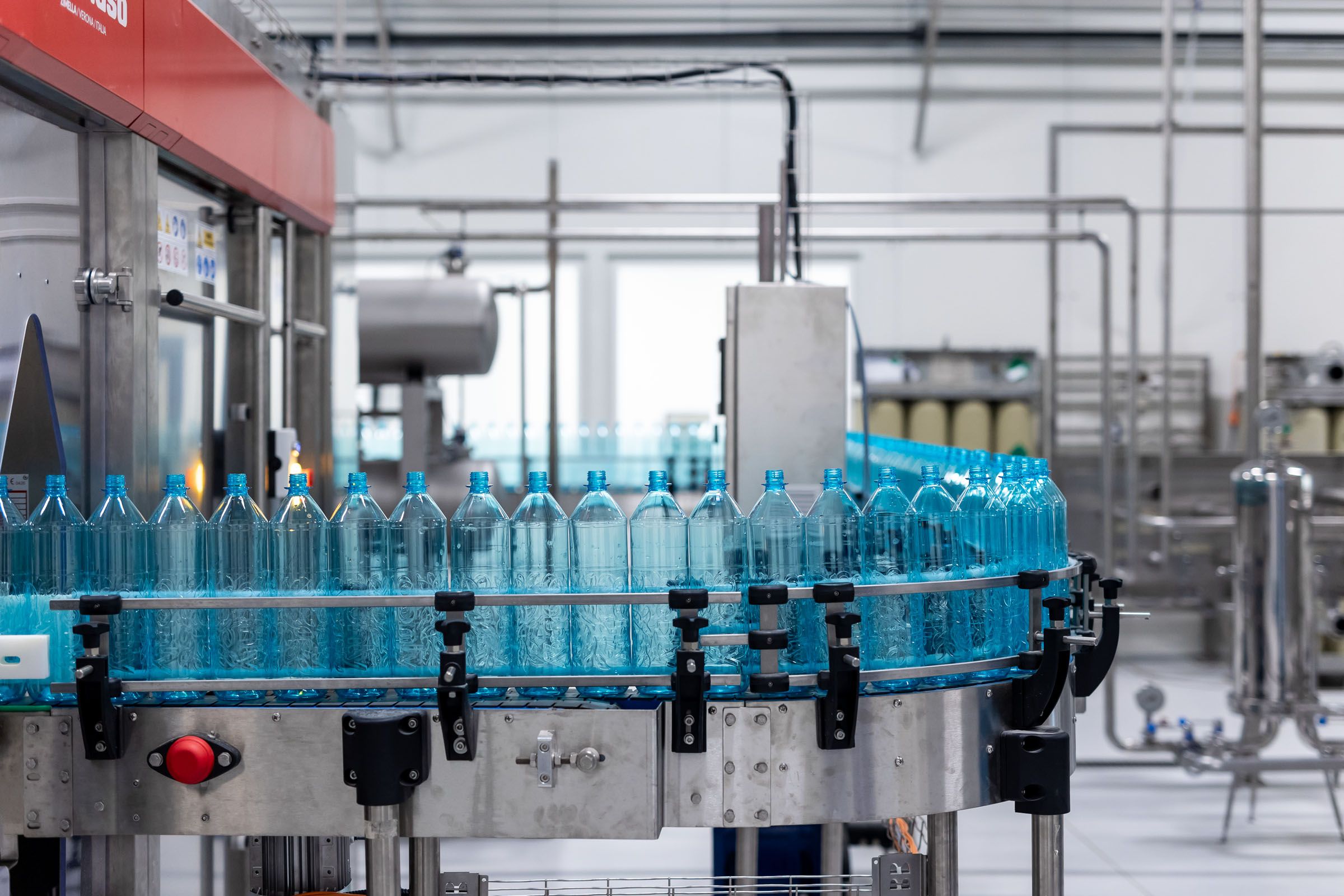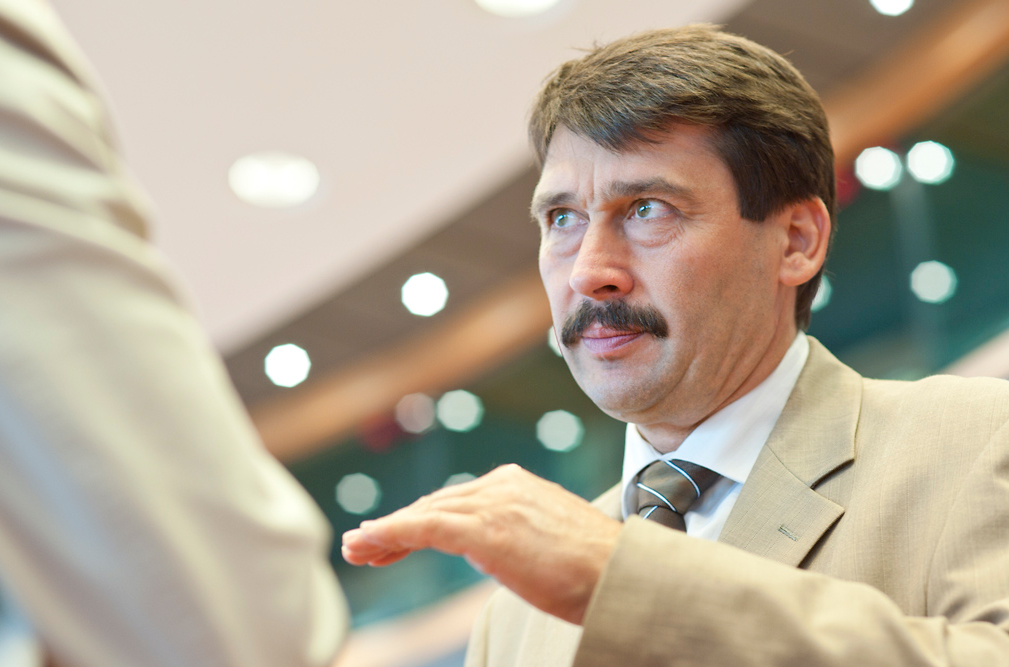Paks II completion may be delayed until 2032, says report

Completion of the Paks II project, the expansion of Hungaryʼs Paks Nuclear Power Plant, may be postponed until 2032, instead of the official 2026-27 deadline, according to a report by Hungarian daily newspaper Népszava.
The report claims that experts involved in the project believe that 2032 is a more realistic completion date, with government communications remaining silent on the matter, instead of issuing an outright denial, it notes.
Népszava also observes that comments by Prime Minister Viktor Orbán in Moscow in September strove to emphasize the "amount of technical challenges posed: different standards, rules, and the [European] Unionʼs bureaucratic practice yet unknown for Russia."
Four years ago, on the day of the signing of the agreement between Russia and Hungary, the government deemed 2023 as the realistic deadline for the completion of the first new reactor. However, under legislation on the agreement, there is no concrete deadline.
The legislation regarding the EUR 10 billion Russian state loan provided for the project states that Hungary will use the money until 2025, and start paying it back by March 15, 2026, at the latest. According to an EU document, the two parties agreed on completion of the project between 2024 and 2026.
Attila Aszódi, state secretary responsible for the maintenance of performance at the Paks Nuclear Power Plant, said in 2015 that actual production would start in 2025-26, after completion in 2023-24. By the end of last year, however, there was talk of delivery by 2026-27, after receipt of all the necessary permits from the EU. In Parliament, János Süli, the minister without portfolio responsible for Paks II, conceded that a delay "might be possible."
According to Népszava, significant cultural, technical, and safety disputes have arisen between Hungarians and Russians during the process of achieving the first building permits. Russian state atomic energy corporation Rosatom is responsible for the development, unlike in the case of the currently operational reactors at Paks, which were built by Hungarians with Russian help.
Aszódi rejected the claims of delayed 2032 delivery, adding that he expects the 2026-27 deadline to be held. When Népszava asked him about a scenario where delivery would have to be postponed until 2032, he said that the main aim is to create a high-quality power plant capable of safe production until the end of the century.
Regarding the loan agreement between Hungary and Russia, which determines that the start of repayment must occur in March 2026, Aszódi said that the two parties may negotiate any modifications in the case of delays.
SUPPORT THE BUDAPEST BUSINESS JOURNAL
Producing journalism that is worthy of the name is a costly business. For 27 years, the publishers, editors and reporters of the Budapest Business Journal have striven to bring you business news that works, information that you can trust, that is factual, accurate and presented without fear or favor.
Newspaper organizations across the globe have struggled to find a business model that allows them to continue to excel, without compromising their ability to perform. Most recently, some have experimented with the idea of involving their most important stakeholders, their readers.
We would like to offer that same opportunity to our readers. We would like to invite you to help us deliver the quality business journalism you require. Hit our Support the BBJ button and you can choose the how much and how often you send us your contributions.









